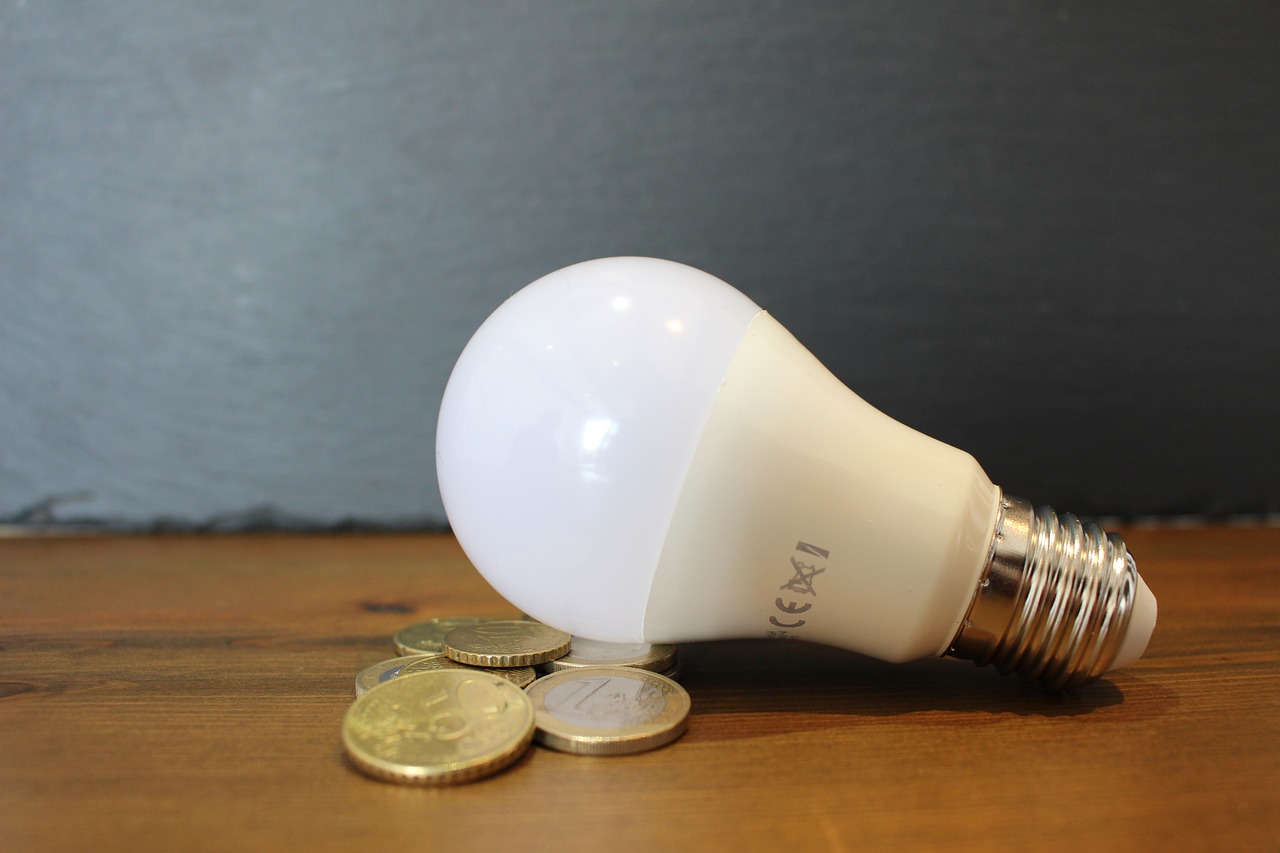Energy Saving Rentals – How to Woo Cost Conscious Tenants
Published on October 31, 2022 by Sarah Mac

With the cost of living crisis biting, private sector rental tenants are increasingly seeking out energy efficient properties that are cheaper to run. But are landlords doing enough to attract these cost-conscious renters?
According to NatWest’s Greener Homes Attitude Tracker, conducted quarterly and based on responses from 4,500 people UK-wide, there has been a surge in interest in energy efficient homes.
Around half of homeowners stated that the rise in the cost of living, due to factors including increased food prices, energy bills and interest rates, had led to them being more likely to implement energy saving measures over the next year.
More than two thirds are planning to upgrade their property over the next ten years with a view to reducing energy bills, which is considerably higher than the previous survey at the beginning of the summer.
This shift in sentiment can also be seen within the rented sector, with private landlords now being urged to do more to save energy.
“Landlords can and should do more to save energy in the private rental sector”
A campaign called Energy Guide says landlords can and should do more to save energy in the private rental sector. Energy Guide claims that a review of government figures shows that 6.3 per cent of properties in the private rented sector are EPC-rated F and G. compared to around just 0.7 per cent of social housing.
It also reveals that the latest Office for National Statistics data shows that the average Energy Efficiency Rating for properties in England and Wales was D, suggesting there is much work to be done to get homes up to the required EPC C rating by 2035.
The campaign says there are some ‘incredibly simple steps’ that landlords can take to improve energy efficiency, such as:
- Installing zonal heating controls in gas-heated properties to heat selected spaces rather than the whole property. This could save around £275 per year on heating bills.
- Fitting a modern digital thermostat with thermostatic radiator valves. This will see the heating adapt to where you are based on the time of day.
- Upgrading roof insulation to the recommended depth of 270mm.
- Upgrading appliances to more energy efficient models. This includes the boiler; where a gas combi boiler is more than ten years old, it is likely to be G-rated under the Energy Related Products Directive boiler rating system, meaning it could be less than 70 per cent efficient.
- Encouraging tenants to switch off appliances rather than leave them on standby.
- Switching traditional light bulbs for LED alternatives.
- Avoiding the installation of a tumble dryer, which is considered one of the most costly appliances to run.
“Three in five renters would turn down a property with D or below energy rating”
Landlords are reportedly carrying out significant work on their properties to make them more energy efficient, according to the Shawbrook Bank survey, which says that almost three in five renters say they would be less likely to consider a property with an energy rating of D or below. This report has prompted over half of landlords to make energy efficiency improvements.
The findings, based on the views of tenants, landlords and mortgage brokers, are part of the second report issued by Shawbrook Bank on the government’s proposed changes to EPC requirements in the rented sector. Whilst these plans are yet to be made law, it is widely expected that landlords will be required to meet a minimum C rating for all newly rented properties in England and Wales by April 2025, and for existing tenancies from 2028.
Despite the forthcoming regulatory changes, Shawbrook’s research demonstrates that there is a considerable knowledge gap, with only a third of landlords only knowing ‘a bit’ about the changes.
Emma Cox, managing director of real estate at Shawbrook, says: “Whatever happens with the government’s proposals, it’s clear that landlords need to be thinking about making energy efficiency improvements to safeguard their rental properties.”
Energy saving measures are just one of the ways in which landlords can make their properties more attractive to tenants.

